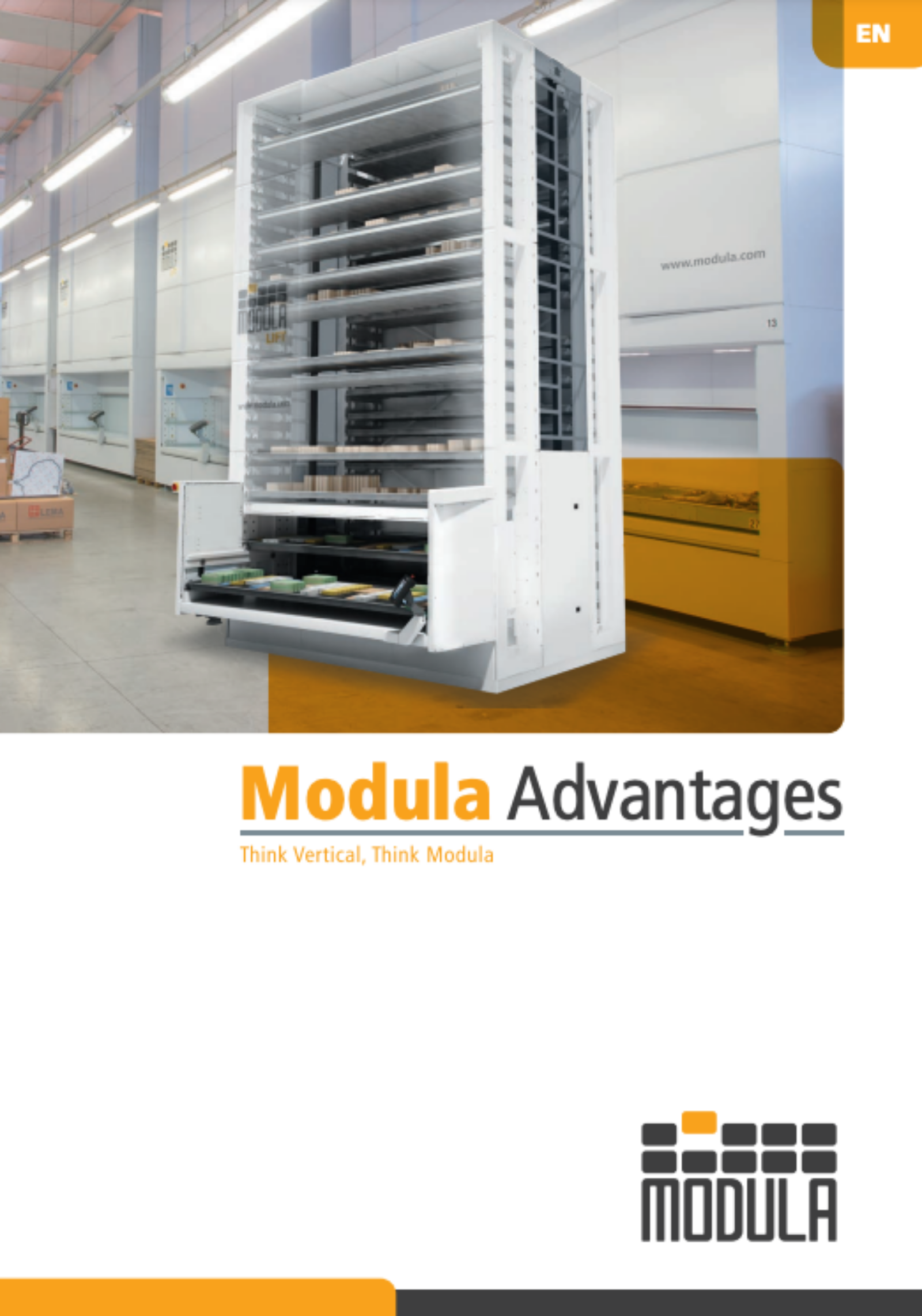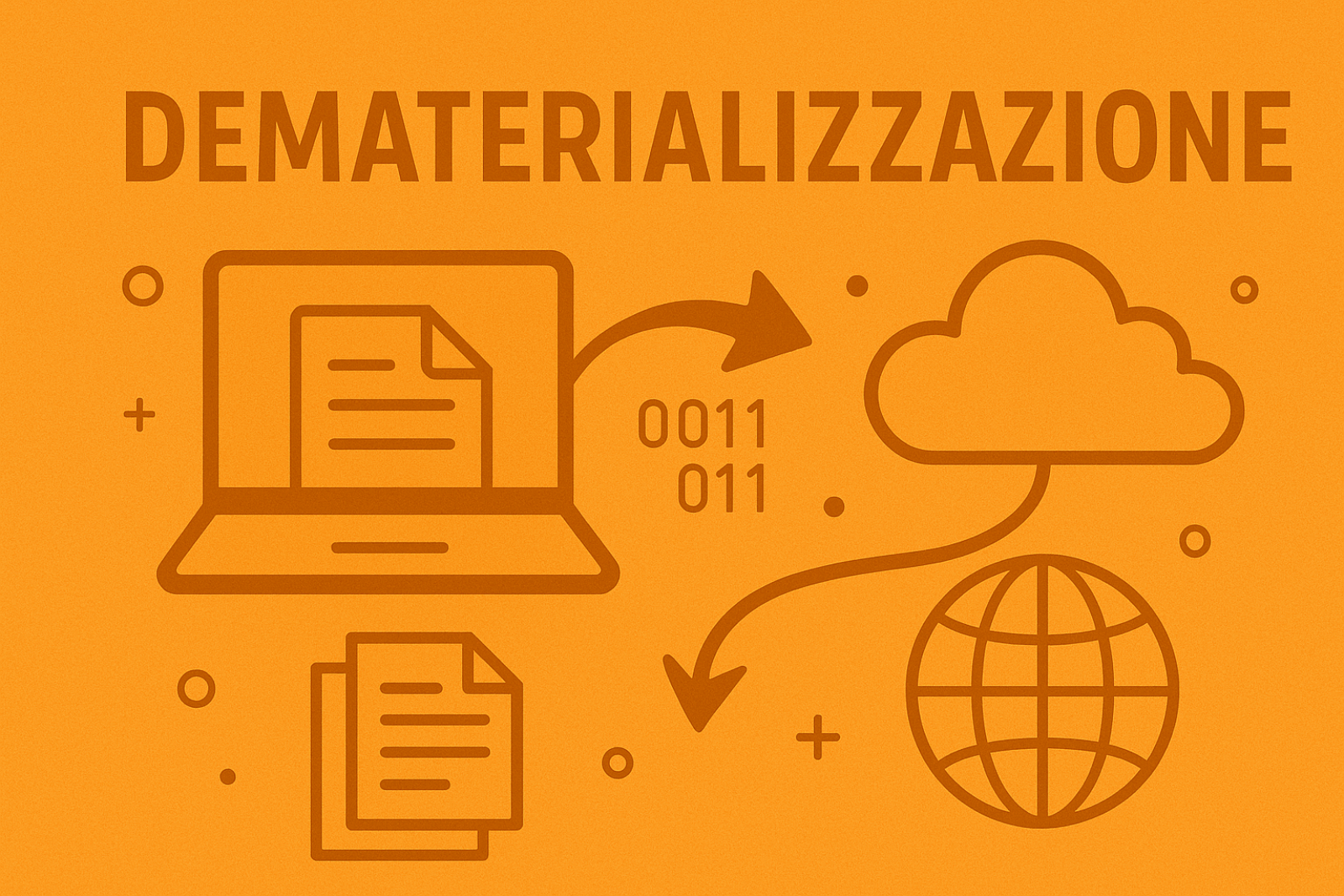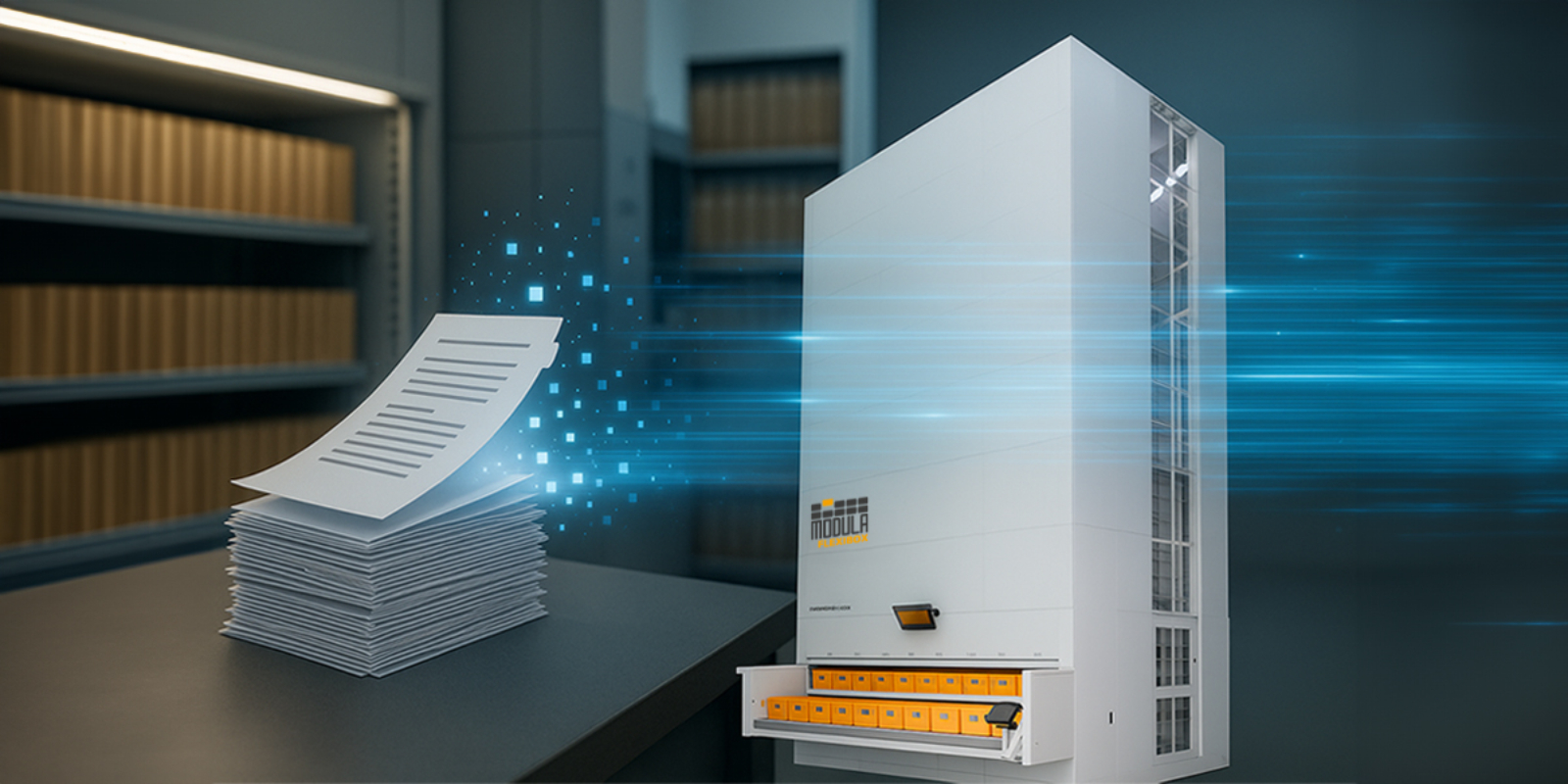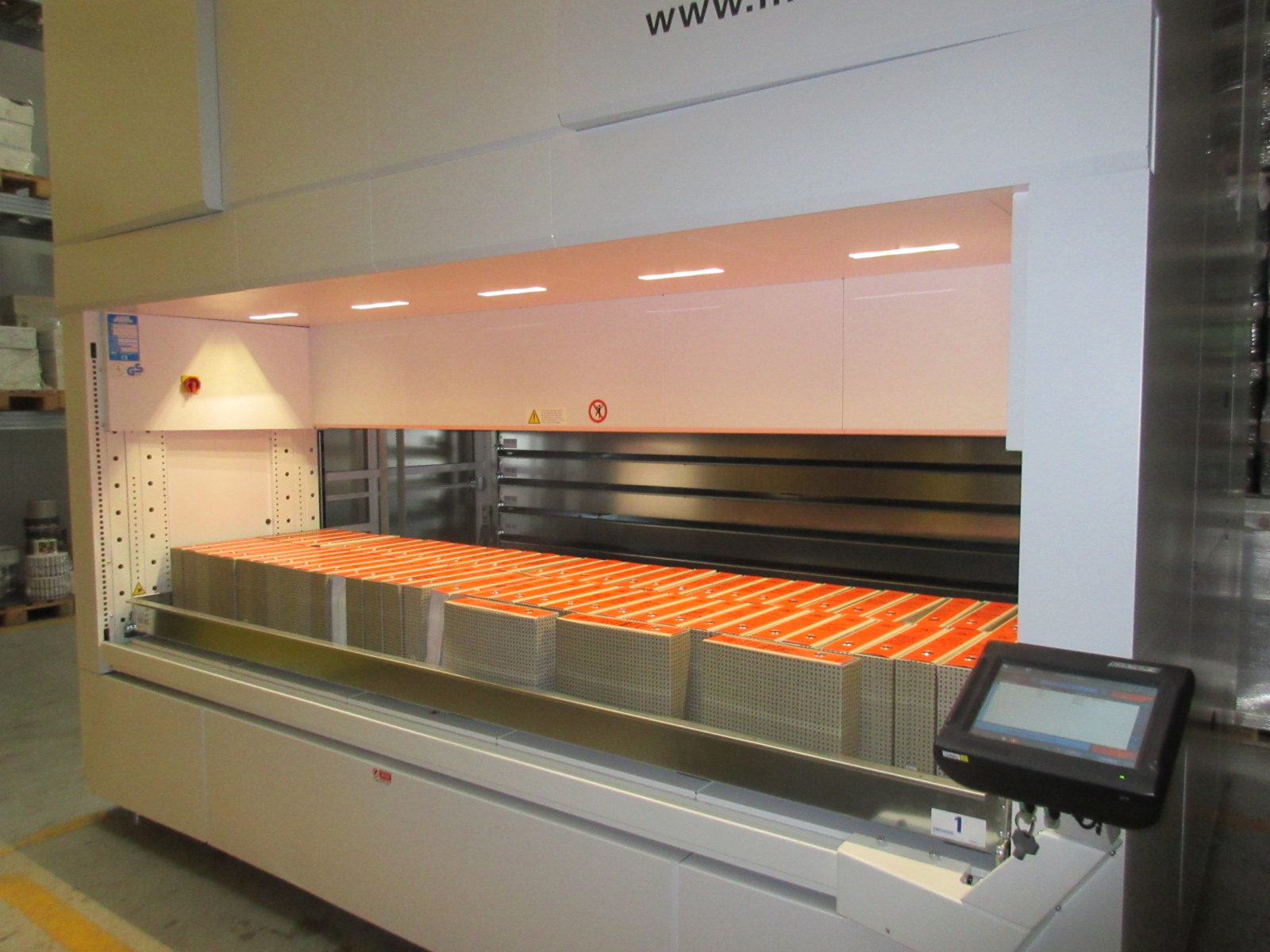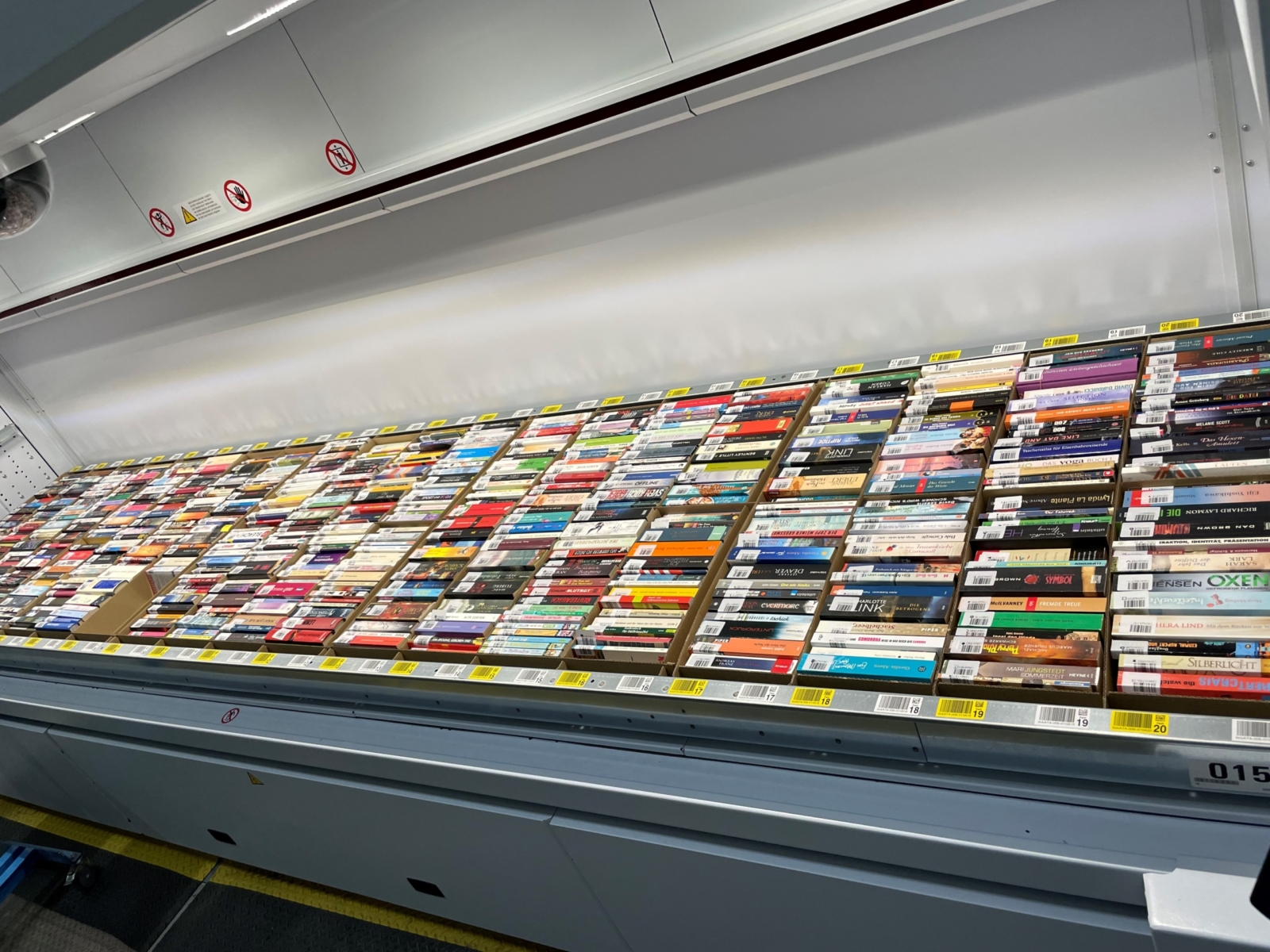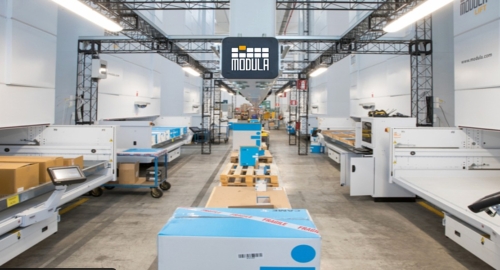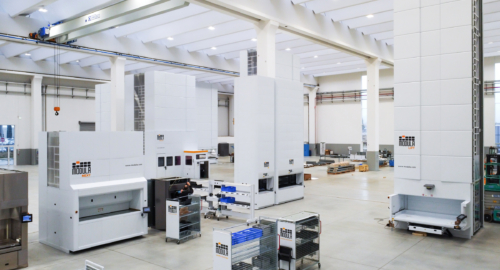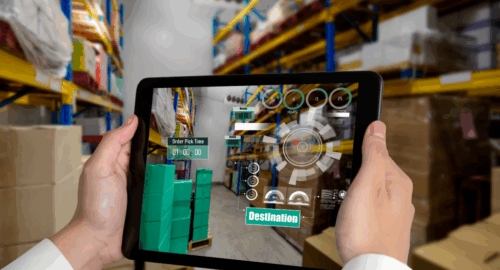Today, in every sector where archive material management is an integral part of operations — from logistics to public administration, from utilities to manufacturing — the issue of document dematerialization has become a central topic.
It’s not just about eliminating paper, but about rethinking how information is stored, shared, and made accessible, in order to make organizations more efficient, sustainable, and secure.
In this context, document dematerialization represents the first concrete step toward smarter, more integrated management between the digital and physical archiving worlds.
What’s the difference between dematerialization and digitization? Let’s clarify.
The two terms are often used as synonyms, but the difference is substantial.
Document dematerialization consists in transforming a paper document into a digital one (using a scanner, camera, or smartphone), while ensuring its full legal validity. This step is crucial, especially in highly regulated sectors, where substitute storage must comply with strict rules concerning authenticity, integrity, and retrievability.
Process digitization, on the other hand, goes beyond the mere conversion of paper documents: it involves the native creation of digital content (such as digitally signed contracts, automatic reports, or interactive dashboards) and their integration into automated workflows. To digitize means to rethink how information is generated, shared, and used within an organization, to enhance traceability, control, and operational speed across every department.

In short: dematerialization starts from paper documents and converts them into digital format; digitization, instead, concerns processes that are already natively digital — ready to be processed, shared, and integrated within company systems.
For companies operating in regulated or highly complex environments, such as utilities, the first step must necessarily be the dematerialization of paper documents. Only by ensuring that every document has a valid and secure digital counterpart can a true digitization of document processes begin — an evolution that simplifies audits, increases transparency, and improves communication with customers, partners, and regulatory authorities.
The Concrete Benefits of Dematerialization
Once the conversion of paper documents into digital format begins, the advantages become immediately evident.
Dematerialization is not just an ecological or technological choice — it’s a true efficiency booster, capable of generating tangible benefits across multiple organizational levels.
- More effective communication: an intelligent digital archive allows companies to leverage data proactively, personalizing interactions with customers and partners while providing faster, more targeted responses.
- Operational flexibility: having digital documents stored securely in the cloud — always accessible — makes companies more agile and responsive, facilitating remote work and collaboration across departments and locations.
- Environmental sustainability: reducing paper use and physical document transfers lowers emissions and contributes to the climate neutrality goals many organizations have set for 2030.
- Efficiency and cost savings: searches become instantaneous, sharing is immediate, and errors, duplications, and risks of loss are reduced. The result is faster, more accurate, and more productive management.
- Data security: through advanced authentication systems, redundant backups, and access traceability, document management remains GDPR-compliant and is better protected from fraud or cyberattacks.
Furthermore, integrating digital archives with ERP and CRM systems provides a unified, up-to-date view of corporate information, making data analysis easier and supporting more informed, strategic decision-making.
When Paper Is Still Needed: The Modula Solution
Even in highly digitalized companies, paper doesn’t disappear completely. Specific regulations or operational requirements may still demand the physical storage of certain documents — making a reliable and secure archiving system essential.
In such cases, the ideal solution is offered by Modula’s automated vertical storage systems, which enable companies to manage documents and materials in an orderly, traceable, and efficient way, optimizing available space and simplifying daily operations.
Vertical document storage reduces floor space requirements by up to 90%, freeing valuable areas in offices, archives, and warehouses. This increases storage capacity, optimizes workflows, and lowers real estate costs — with additional benefits in terms of environmental sustainability.
- Inside the automated units, documents are protected from wear, dust, and humidity thanks to the closed structure and, if needed, the Climate Control system, which maintains stable temperature and humidity levels.
- Access and interaction can be limited to authorized personnel only, via password, badge, or RFID, and every operation is fully tracked — ensuring both security and compliance.
- Automation allows for rapid document retrieval when needed. Following the “goods-to-person” principle, the system delivers the requested tray directly to the retrieval bay, enabling up to 190 pickings per hour — a concrete advantage in terms of speed and productivity.
Thanks to Modula WMS management software, companies can monitor in real time all document movements, manage inventory, and streamline archiving operations. Visual aids such as Put to Light, Picking Station, and Picking Cart guide operators through each activity, making operations more advanced, intuitive, secure, and precise.
With Modula, even materials that cannot yet be dematerialized are managed in a modern, safe, and sustainable way — perfectly integrated into the company’s digital transformation journey.
Real-World Examples: Who Has Already Chosen Modula
An increasing number of companies are choosing Modula Vertical Lift Modules to optimize document management and integrate physical archiving into their digital processes.
From logistics to manufacturing, and from educational institutions to commercial enterprises, Modula has become a benchmark for organizations seeking to combine efficiency, security, and sustainability.
- reBuy, a European leader in second-hand product reselling, has installed 36 Modula Vertical Lift Modules to manage millions of items — from books to CDs — reducing picking times and improving environmental performance.
- The “Enzo Ferrari” Library of the Department of Engineering at the University of Modena and Reggio Emilia uses a Modula F250E to organize its collection: over 200 linear meters of materials stored in less than 10 m², freeing up space and streamlining management.
- In the automotive sector, companies such as Autovega and several dealerships have adopted Modula systems not only in technical departments or spare parts warehouses but also in offices, to archive documentation, manuals, and customer records in an orderly and traceable way.
- Net Seals, a company specializing in the production and distribution of industrial seals, has installed a two-level Modula unit with an upper-level bay that replaces shelves and cabinets, making archiving faster, safer, and more accessible.
These examples demonstrate that Modula is not just a storage technology, but a versatile solution capable of adapting to different contexts and supporting companies in their digital transformation journey.
Automatic Archives and Dematerialization: The Hybrid Solution for Modern Businesses
True innovation arises from the balance between digital and physical archiving: digitizing what can be digitized, while efficiently managing what must remain physical.
Document dematerialization helps reduce costs, time, and emissions, significantly improving corporate sustainability. At the same time, a Modula Vertical Lift Module ensures that residual paper documents are archived intelligently, securely, and in full compliance with regulations.
Companies that integrate digitalization with automated archiving solutions today are building the foundation for a more flexible, efficient, and future-ready operational model — one that embraces tomorrow’s technologies, from cloud computing to AI-powered document management.
The advantages of a Modula automatic vertical storage system
